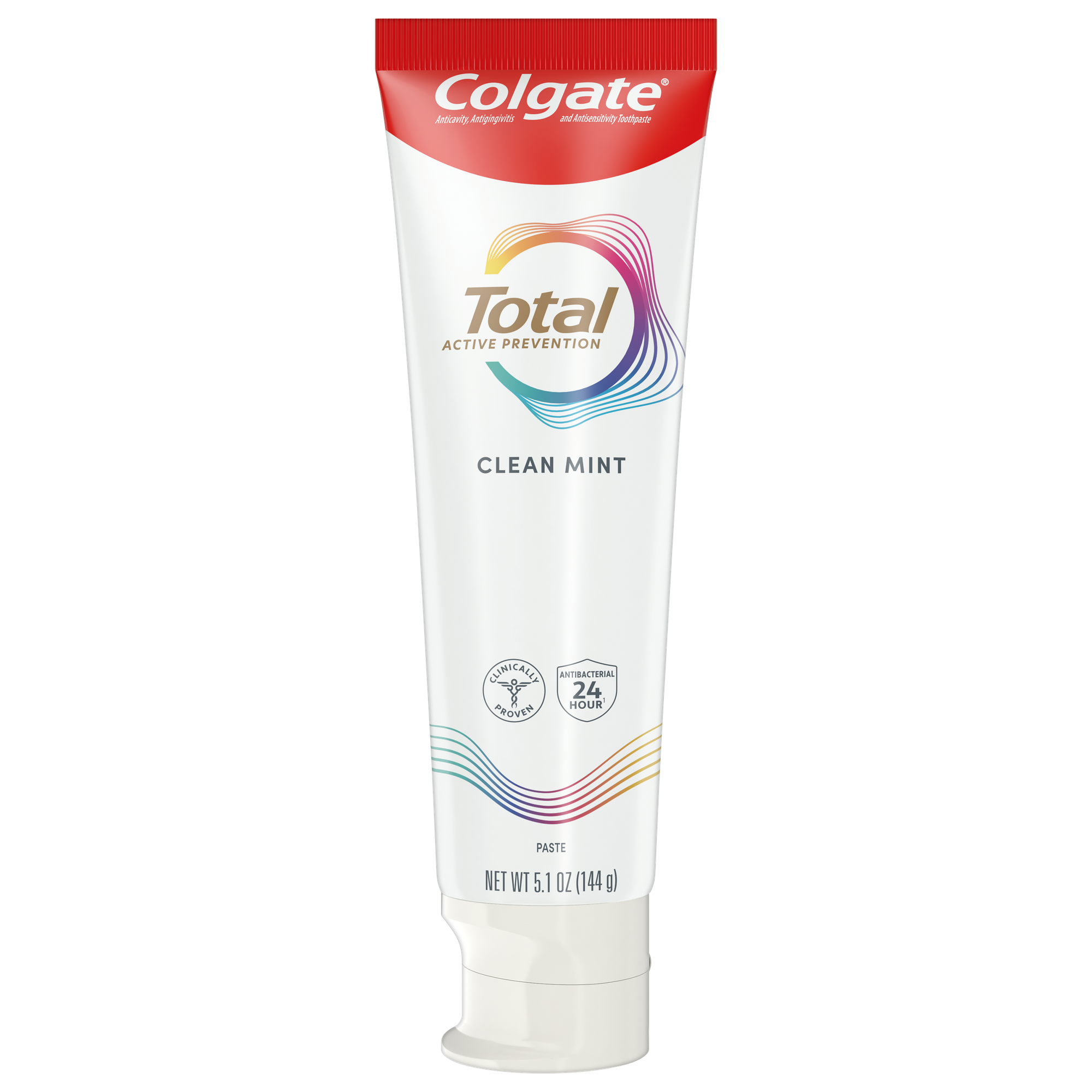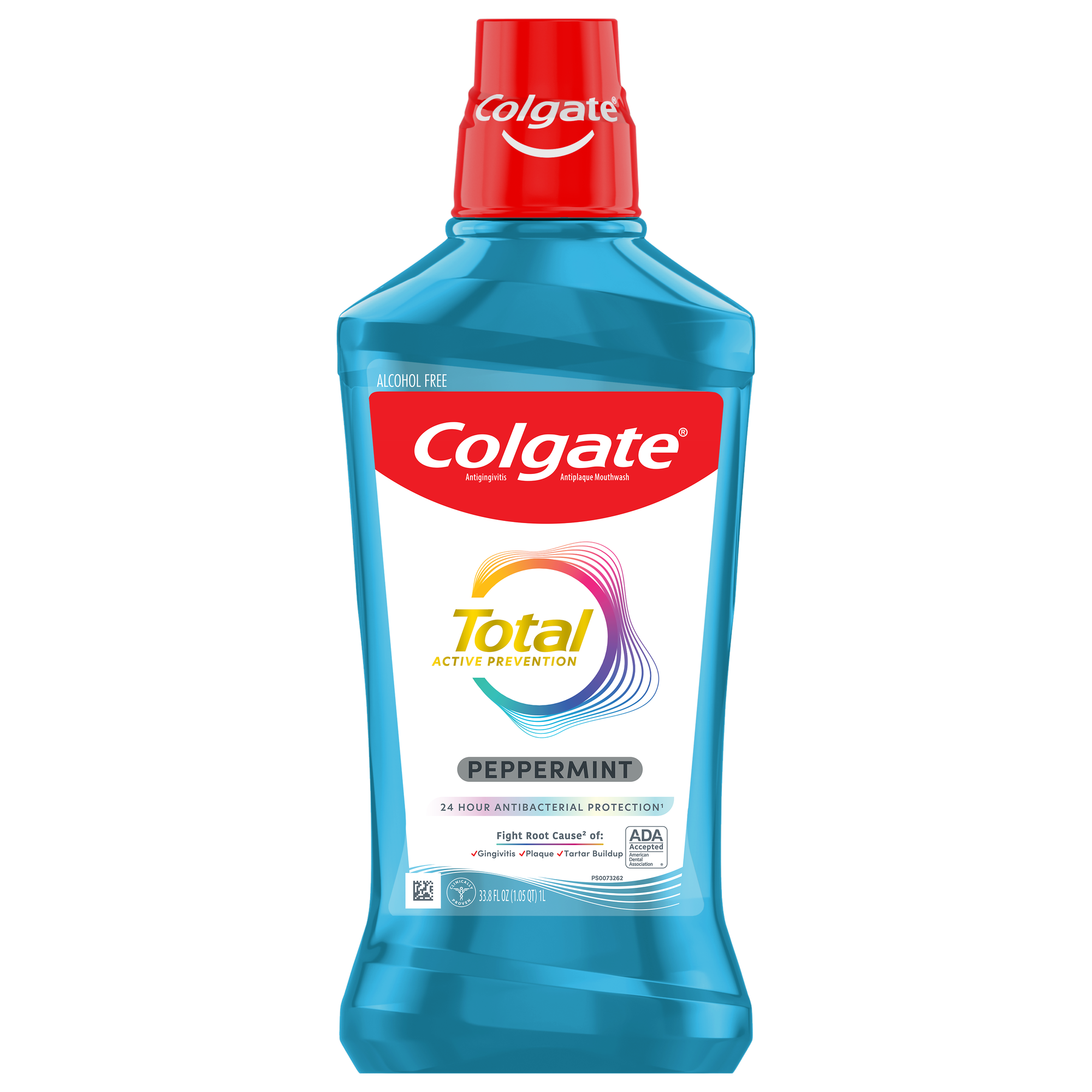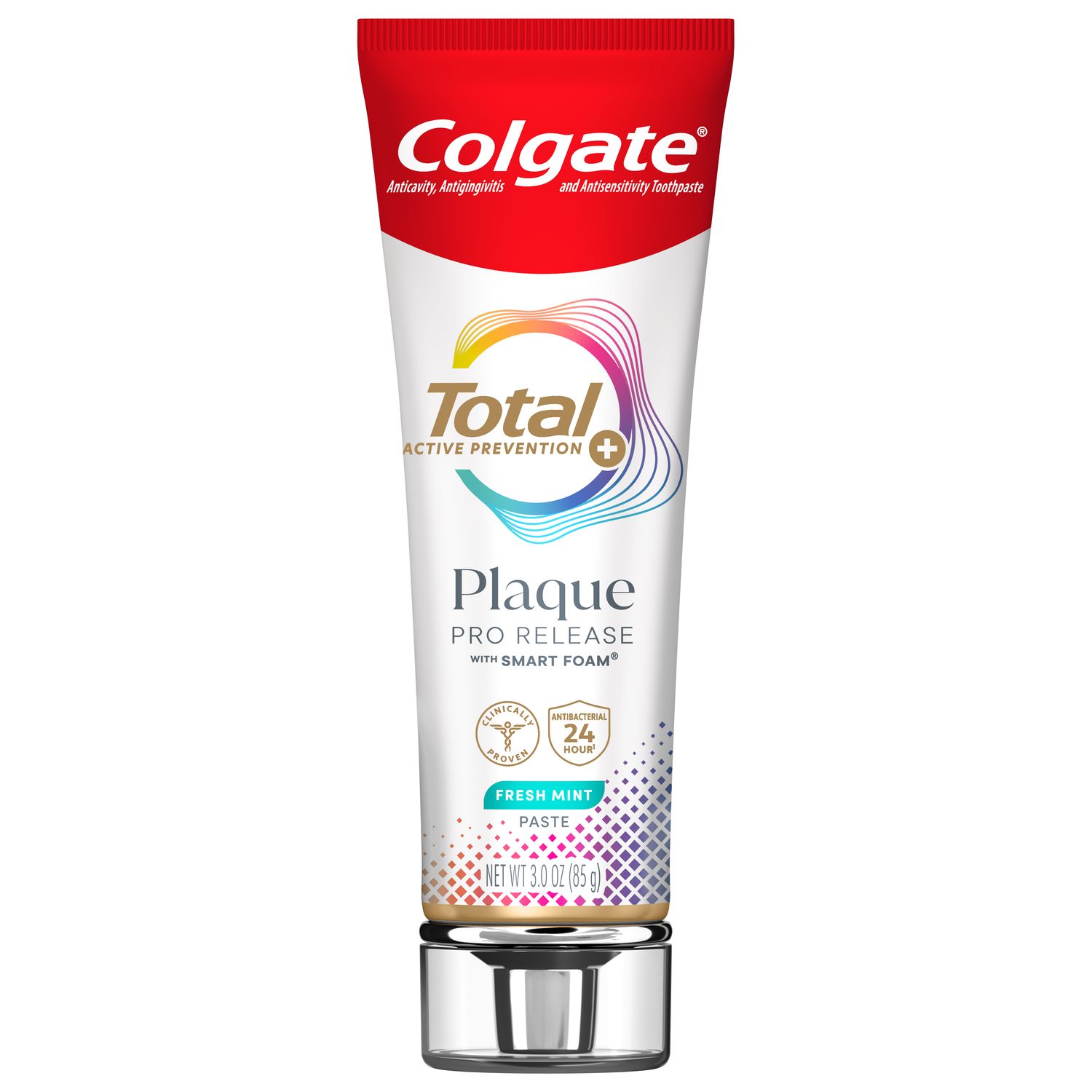
While there are many choices for mouthwash on the market, some patients elect to use mouthwash alternatives instead. Have you ever had to stop your jaw from dropping when a patient tells you they're using wine or cleaning products to rinse? You're not alone! Being familiar with the many homemade rinses patients are using will help you to discuss the best recommendations to replace their unwise choices.
You're Using What?
It's amazing to hear what patients are using as an alternative for regular home care. I asked dental hygienists in the COHA community to list the strangest thing one of their patients had ever used for oral care, and the answers ranged from vodka to scrubbing powder with bleach!
The choices our patients are making can have a harmful effect on their oral health. Many times, these choices are made out of a lack of knowledge. People may prioritize killing germs, whitening or using only natural ingredients, and end up rinsing with items that aren't meant to be used as oral care products.
The Dangers of Alternatives to Mouth Rinses
You can explain to patients that even potable liquids like apple cider vinegar and whiskey can be detrimental to oral health because they're so acidic, and over time may contribute to dental erosion. If you look into a patient's mouth and see the telltale signs of dental erosion (e.g., the occlusal surfaces of the posterior teeth are flatter, the cusps of the molars are reduced, the enamel is thinner or anterior teeth are chipped), it might be associated with an acidic rinse.
When you notice dental erosion not associated with a medical condition, ask your patients to walk you through their dietary habits, including snacking and drinking, and their oral care routine. Then, if their oral care routine is a factor, use an intraoral camera to show patients the damage their acidic rinses are causing. Letting patients see the damage for themselves may be the wake-up call they need.
Be an Understanding Skeptic
Brushing up on your knowledge of the reasoning behind mouthwash alternatives can help you understand where your patients are coming from. People concerned about dyes or chemicals, for example, may choose to swish with "natural products." Over the last few years, the ancient practice known as oil pulling has become popular.
The American Dental Association states that there are no reliable scientific studies to demonstrate that oil pulling is beneficial for oral health, and that scientific evidence is lacking for it to be a recommended oral hygiene practice. Scientific studies are needed to prove if coconut, sesame or any other kind of oil has any oral health benefit.
Detrimental or a Harmless Addition?
Provided the mouthwash alternative cannot cause any harms, acknowledging that natural remedies may show promise but are not a substitute for therapeutic mouthwashes may convince patients to heed your advice. Explain to your patients that some mouthwash alternatives are damaging to their oral health and others don't offer any benefits, and that you can help them replace their current rinse with a product that does provide oral health benefits.
Red wine, for example, has recently been touted as a mouthwash. Since the Journal of Agricultural and Food Chemistry has actually stated that wine has shown antimicrobial properties, this could mean that a patient might come to you with heavy enamel stains and dental erosion caused by rinsing with wine. Dental hygienists aren't going to recommend swishing with Cabernet Sauvignon, but suggesting an antibacterial commercial mouth rinse while making them aware of the side effects and harms of mouthwash alternatives may help patients make an informed decision.
Recommend With Respect
Dental hygienists must be familiar with their patients' needs and be comfortable enough to discuss the potential harms of using at-home solutions. Patients who are set in their ways may be hard to convince. They may need to hear about the research and evidence behind an ingredient that will be of benefit to them, for example fluoride for its anti-caries benefit or cetylpyridinium chloride as an antibacterial agent, to help them understand the real benefit of switching.
For many patients, using mouthwash alternatives may be "what they've always done" or "something their parents taught them" or "something a friend recommended." Asking your patients to change their way of thinking can come across as insulting, if not done respectfully. Offering evidence-based research and listening patiently to their opinions can help you maintain mutual respect while you help them make a critical change.
Takeaways
- Find out what your patients are rinsing with — and most importantly, why they are using it.
- Give your patients options. Learning about side effects from the mouthwash they are using may help them choose a healthier one.
- Your patients may not know the damage a homemade rinse can inflict on their teeth. Use intraoral cameras to show them the evidence if it is visible.
Why It's Important
Your patients trust you to help them. By educating them about the oral care routines they take for granted, you can help improve their oral health.
Join us
Get resources, products and helpful information to give your patients a healthier future.
Join us
Get resources, products and helpful information to give your patients a healthier future.













